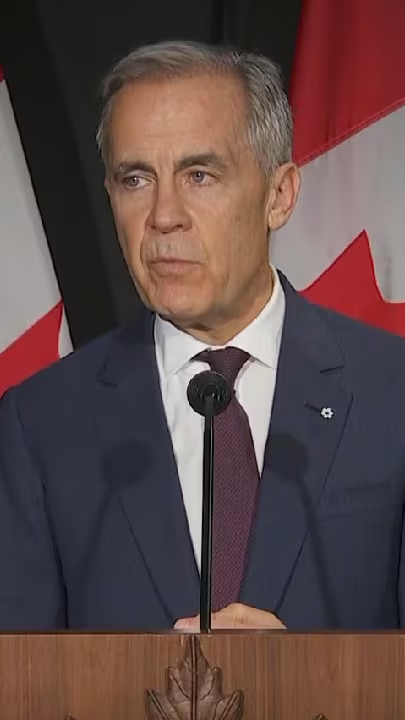Could the PWHL leave Ottawa? City approves new arena, raising doubts about future of Charge

Ottawa City Council on Friday approved a $419 million arena project that PWHL officials say jeopardizes the Ottawa Charge’s financial viability.
The plan will see the redevelopment of Lansdowne Park — a mixed-use development featuring a football stadium, retail and restaurant space and a hockey rink that is currently home to the PWHL Charge and OHL 67’s. “Lansdowne 2.0” would feature new stands for the TD Place football stadium, new retail and condo developments —and a new event centre with 3,000 fewer seats than TD Place Arena currently holds.
That drop in capacity is at the heart of the PWHL’s issue with the project, Amy Scheer, the PWHL’s executive vice president of business operations, has told the city council. The current arena has a capacity of around 8,500 fans, while plans for the new arena call for 5,850 seats and a capacity of 6,600 people.
“A building that small simply can’t sustain the Charge or the demand we already see from fans,” Scheer and Jayna Hefford, the PWHL’s executive vice president of hockey operations, wrote in an op-ed in the Ottawa Citizen on Tuesday.
Council voted 15-10 to approve the plan at an hours-long special council meeting on Friday after several weeks of contentious meetings and plenty of public input, including from Scheer, who told councillors last week that the proposed venue would not be “financially viable,” for the league.
“Over the last several decades, what you’ve seen across North America is stadiums being built that are too big for women but fit men,” Scheer said. “In like the most cruel twist of fate, we sit here today seeing the absolute reverse, where an arena is being built that is too small for women and perfect for the men.
“Honestly, in four decades of working in professional sports, this might be the most disappointing thing I have ever seen.”
City staff have estimated it would cost between $80 million and $100 million to add 2,000 or more seats to the proposed arena.
After Friday’s vote, Ottawa mayor Mark Sutcliffe — amid larger concerns over the project, which he supports — said he wanted to “reassure” Charge fans “that we’re going to work very hard with the PWHL to bridge whatever gap remains and make sure that they are viable in the city.”
“In the current arena, in the new event centre that we’re building at Lansdowne, at Canadian Tire Centre, at the new arena on LeBreton Flats, at some combination of all of those things — there’s a way forward for the PWHL,” Sutcliffe said. “If there’s that much support and demand for women’s hockey in Ottawa — and I think there is, we led the league in attendance last year — then it’s going to be successful in Ottawa. And we just have to work out the details of how that’s going to happen.”
Discussions between the City and the PWHL about both the Charge’s lease at TD Place Arena and plans at the renovated site will continue, Sutcliffe said.
“There’s just too many people who want to see them be successful,” Sutcliffe said. “Sponsors, fans, the owners of the Senators, the team at OSEG, the City — everybody wants to see them be successful, so there must be a way for that to happen.”
Sutcliffe told TSN radio in Ottawa on Friday morning that shovels could be in the ground before 2026. The proposed construction timeline would see the new arena open for competition in 2028. The current arena at TD Place will remain open in the meantime.




